Will Moscow drone attacks turn Russians against the Ukraine war?
Muscovites can't ignore the violence when it's on their doorstep
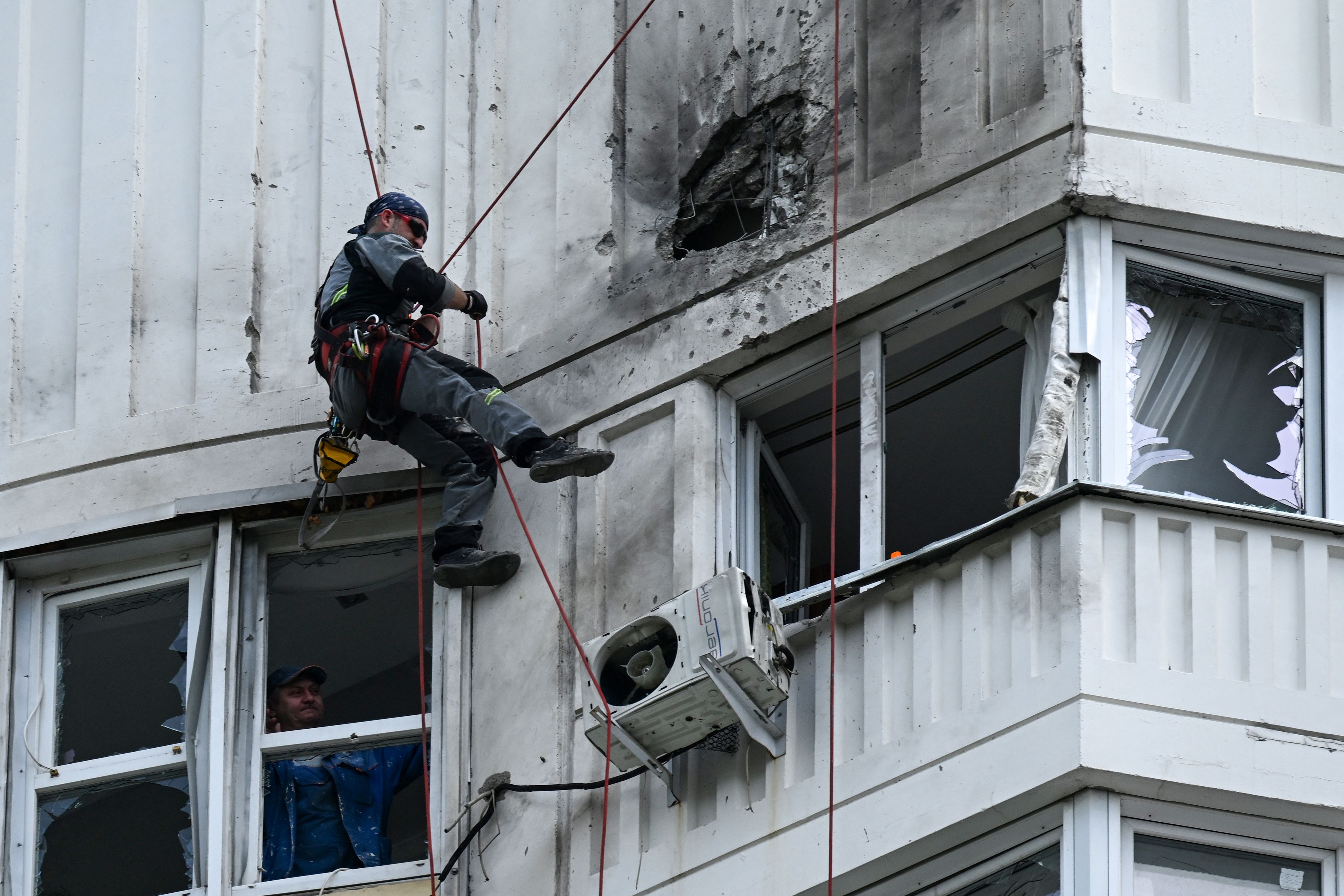

Civilian areas in Moscow came under attack this week for the first time since Russia invaded Ukraine. At least three drones hit apartment buildings in an upscale neighborhood, injuring two people. Russia said it shot down five other drones. Russian President Vladimir Putin reacted angrily. "Kyiv chose the path of intimidation of Russian citizens and attacks on residential buildings," in a "clear sign of terrorist activity," he said. "They are provoking us into responding in kind."
Kyiv denied responsibility, but violence continued inside Russia. Days after the Moscow attack, drones targeted two oil refineries in southern Russia near the Ukraine border, igniting a fire at one of the facilities. And earlier last month, there was an incursion by anti-Putin, pro-Ukraine commandos who briefly seized three towns in Russia's Belgorod region and raised a Ukrainian flag. Western officials said Moscow appeared to be responding to these attacks by boosting its defenses along its 900-mile front with Ukraine. Russia, which has hit civilian targets with missiles and drones routinely since starting the war last year, stepped up airstrikes against Kyiv.
The recent blasts have brought the Ukraine conflict home for Russians for the first time in more than a year of fighting. Early last month, a drone even took out the flagpole on top of the Kremlin ahead of the May 9 Victory Day Parade. Will these strikes turn the tide of the conflict ahead of Ukraine's long-awaited counteroffensive, or could they help Putin rally his nation behind the war?
Subscribe to The Week
Escape your echo chamber. Get the facts behind the news, plus analysis from multiple perspectives.

Sign up for The Week's Free Newsletters
From our morning news briefing to a weekly Good News Newsletter, get the best of The Week delivered directly to your inbox.
From our morning news briefing to a weekly Good News Newsletter, get the best of The Week delivered directly to your inbox.
A 'psychological' blow to Russians
The Moscow drone attack was "a potent sign that the war is increasingly reaching the heart of Russia," said Matthew Cullen at The New York Times. It came as Russia "has been adjusting its tactics in an effort to inflict significant damage on Ukraine's capital," and Russia's attacks have been more extensive more deadly. But the strikes inside Russia still could change the course of the war. "The most significant impact ... is likely to be psychological. It could force Muscovites to confront the reality of Russia's war in Ukraine, which many have worked hard to block from their daily lives."
"The raid on Moscow caused little damage but plenty of alarm, which is the point," said The Guardian in an editorial. Putin has gone to great lengths to keep "the reality of war mostly out of sight," but now people can see it "from their windows." That embarrasses Putin and "undermines his aura of control." This might not make millions of Russians rise up in disgust over "the true horror of what is being done to Ukraine in their name," but it could turn the Russian public against Putin's invasion. "It is easier to support a war that unfolds on television than one that can be heard flying overhead."
Putin still controls the narrative
It's hard to overstate how badly things are going for Putin right now, said Jonathan Sweet and Mark Toth at The Hill. His "ground forces are being routed and humiliated routinely," and now it's clear to everyone that "Russia's border is not secure, either." Even the "most loyal of the Russian propagandists" can't explain the Kremlin's "self-defeating military strategy and lack of resolve."
Still, there has been no "noticeable change of mood" among the Russian people, reported BBC News' Russia editor Steve Rosenberg. The Kremlin is working overtime to "keep selling its message" that the "special military operation" in Ukraine is necessary. The propaganda in the state media "continues to be very powerful and continues to blame the West for everything and accuse the West of waging war on Russia." So far, the message is working. Russians in areas experiencing violence are not "connecting the dots and concluding that their lack of security" is due to the Kremlin's invasion of Ukraine. Instead, they say Russia must step up its efforts and fight back.
A free daily email with the biggest news stories of the day – and the best features from TheWeek.com
Harold Maass is a contributing editor at The Week. He has been writing for The Week since the 2001 debut of the U.S. print edition and served as editor of TheWeek.com when it launched in 2008. Harold started his career as a newspaper reporter in South Florida and Haiti. He has previously worked for a variety of news outlets, including The Miami Herald, ABC News and Fox News, and for several years wrote a daily roundup of financial news for The Week and Yahoo Finance.
-
 Exploring Georgia's southern highlands
Exploring Georgia's southern highlandsThe Week Recommends Visit Javakheti, Georgia's 'lake district', and meet the last-remaining 'spirit wrestlers' in the region
-
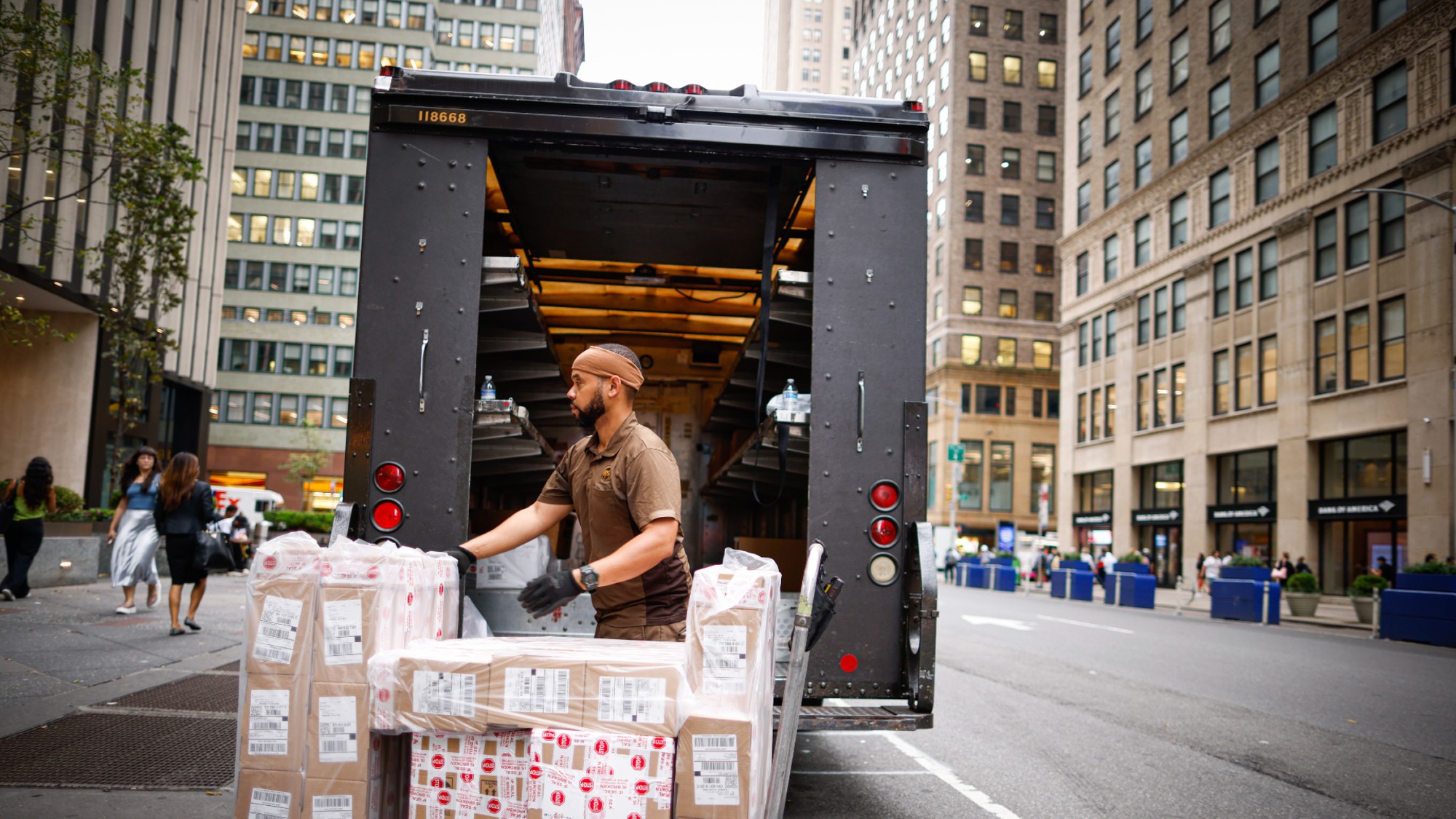 Delivery drivers face continuing heat danger with Trump's OSHA pick
Delivery drivers face continuing heat danger with Trump's OSHA pickThe Explainer David Keeling is the former head of UPS and also worked at Amazon
-
 Is that the buzzing sound of climate change worsening sleep apnea?
Is that the buzzing sound of climate change worsening sleep apnea?Under the radar Catching diseases, not those ever-essential Zzs
-
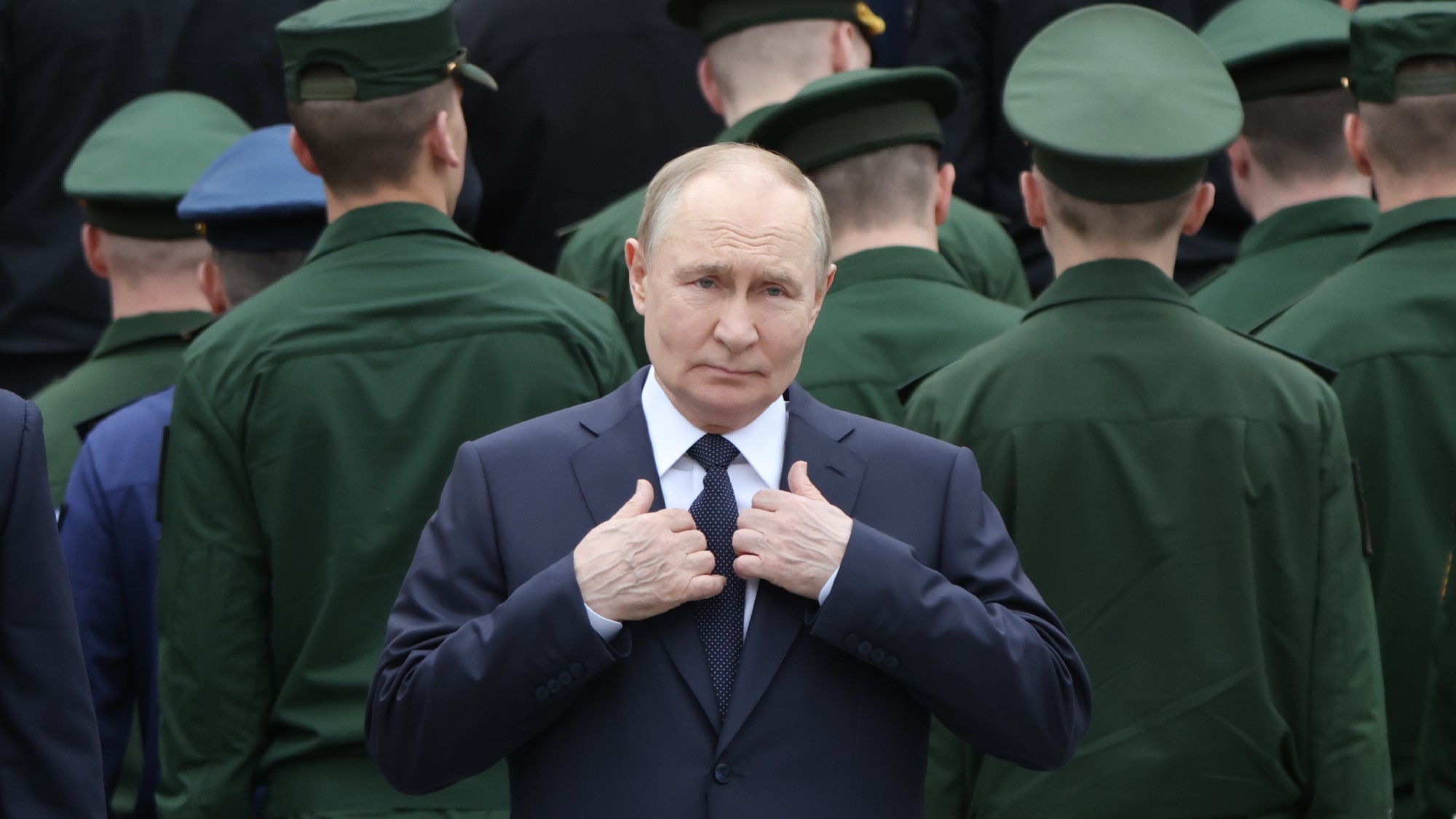 How far would Russia go for Iran?
How far would Russia go for Iran?Today's Big Question US air strikes represent an 'embarrassment, provocation and opportunity' all rolled into one for Vladimir Putin
-
 Are the UK and Russia already at war?
Are the UK and Russia already at war?Today's Big Question Moscow has long been on a 'menacing' war footing with London, says leading UK defence adviser
-
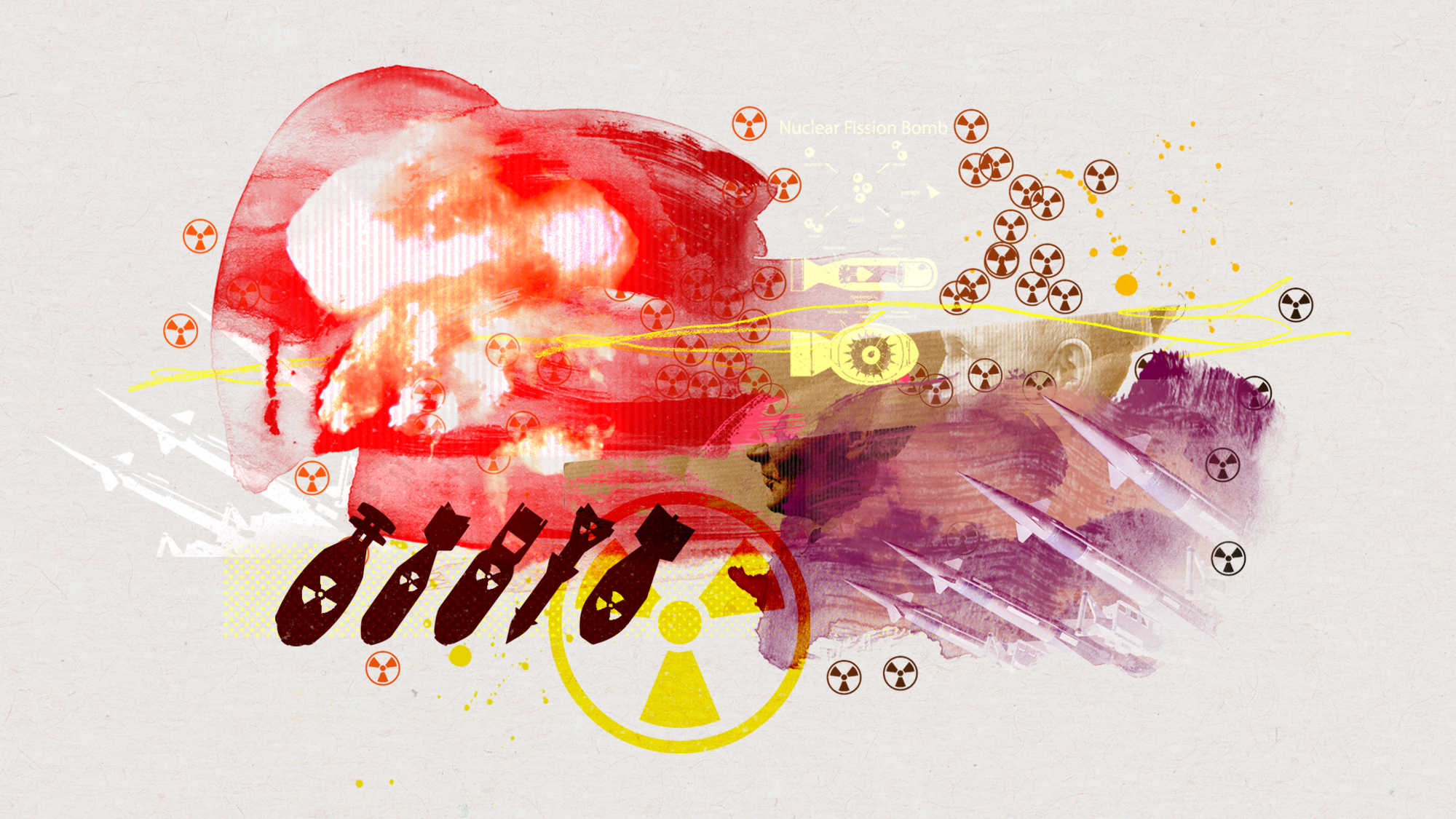 What are the different types of nuclear weapons?
What are the different types of nuclear weapons?The Explainer Speculation mounts that post-war taboo on nuclear weapons could soon be shattered by use of 'battlefield' missiles
-
 The secret lives of Russian saboteurs
The secret lives of Russian saboteursUnder The Radar Moscow is recruiting criminal agents to sow chaos and fear among its enemies
-
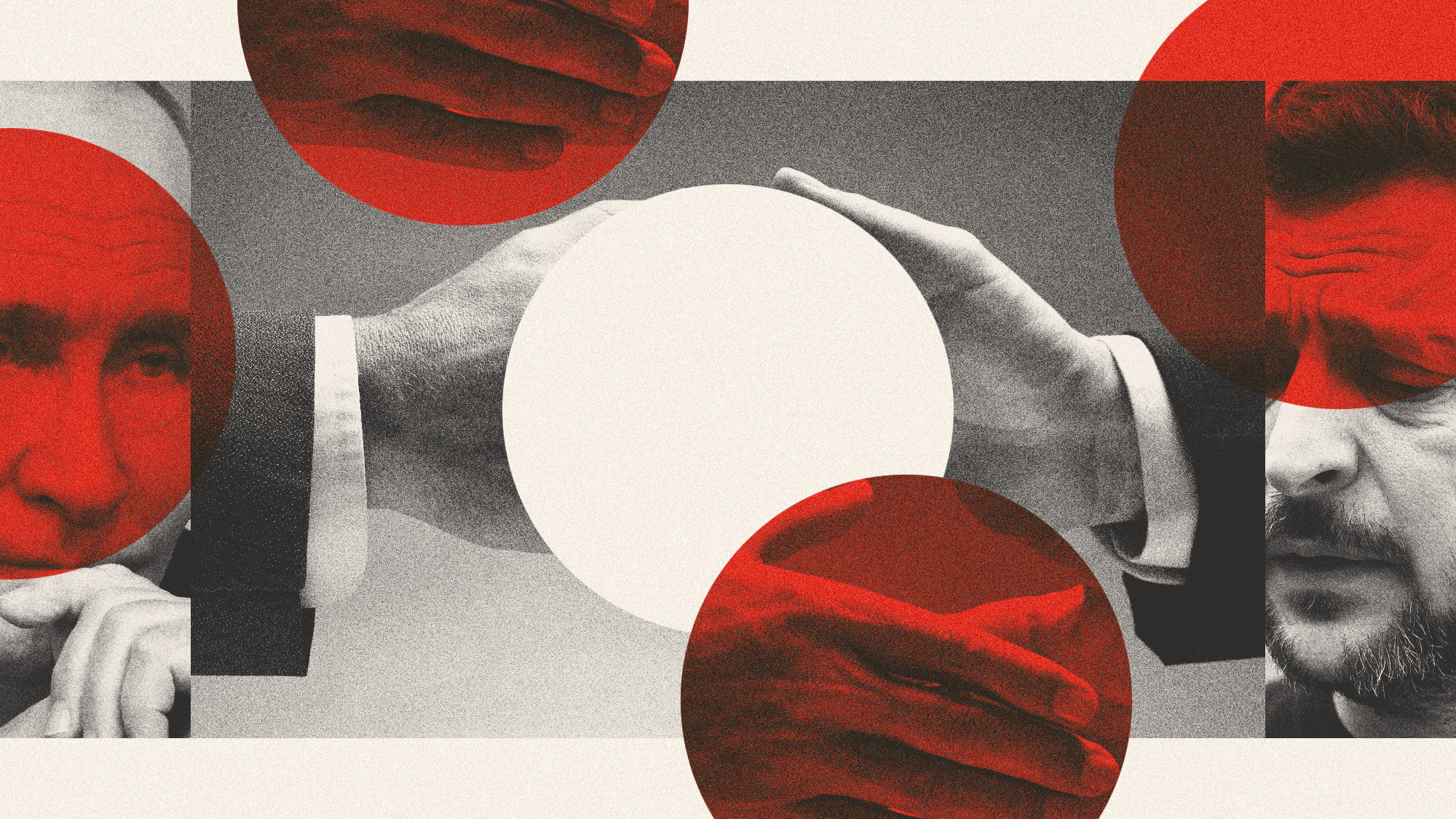 Ukraine-Russia: is peace deal possible after Easter truce?
Ukraine-Russia: is peace deal possible after Easter truce?Today's Big Question 'Decisive week' will tell if Putin's surprise move was cynical PR stunt or genuine step towards ending war
-
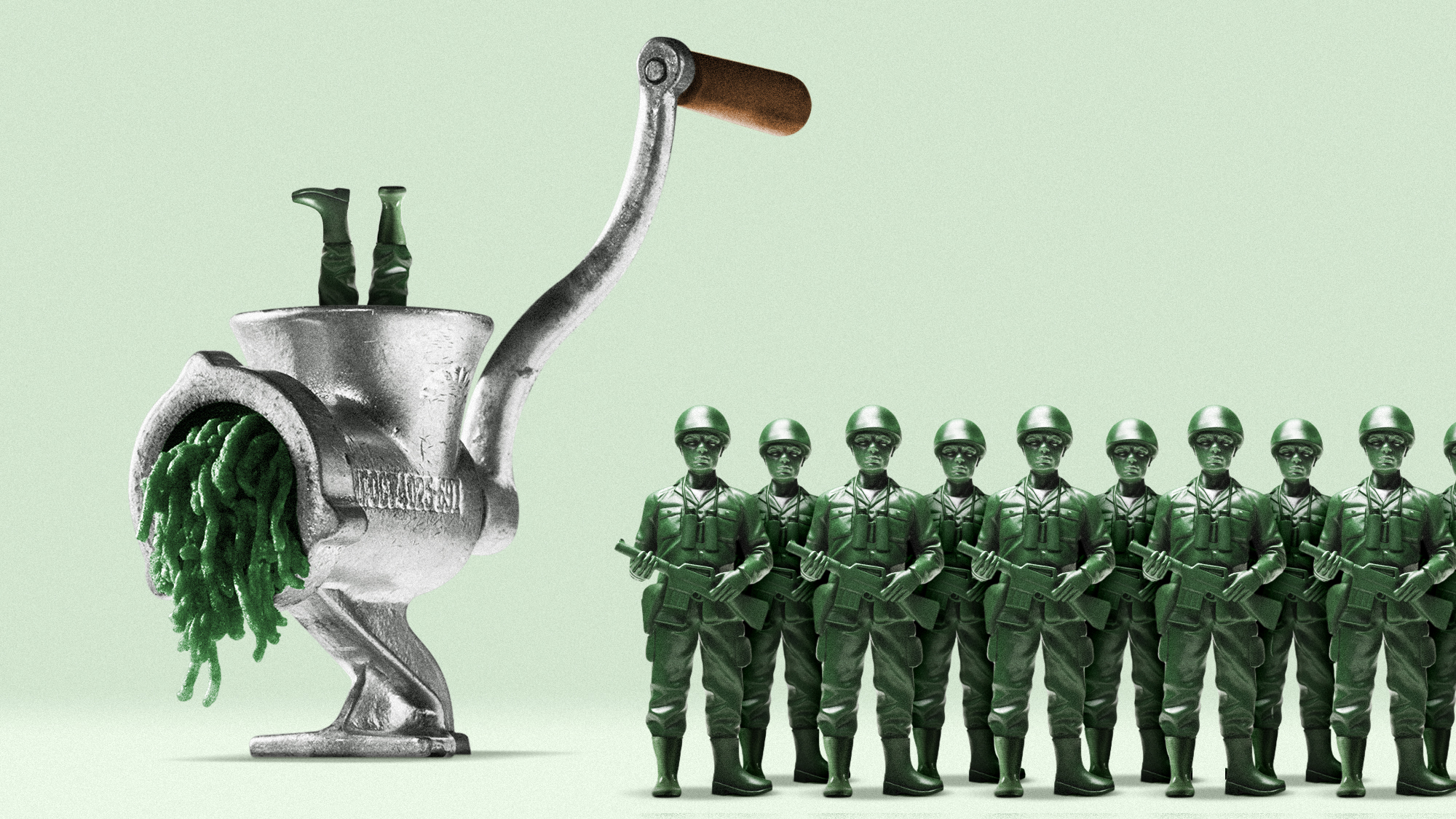 What's behind Russia's biggest conscription drive in years?
What's behind Russia's biggest conscription drive in years?Today's Big Question Putin calls up 160,000 men, sending a threatening message to Ukraine and Baltic states
-
 Is the 'coalition of the willing' going to work?
Is the 'coalition of the willing' going to work?Today's Big Question PM's proposal for UK/French-led peacekeeping force in Ukraine provokes 'hostility' in Moscow and 'derision' in Washington
-
 Russia's spies: skulduggery in Great Yarmouth
Russia's spies: skulduggery in Great YarmouthIn the Spotlight 'Amateurish' spy ring in Norfolk seaside town exposes the decline of Russian intelligence
